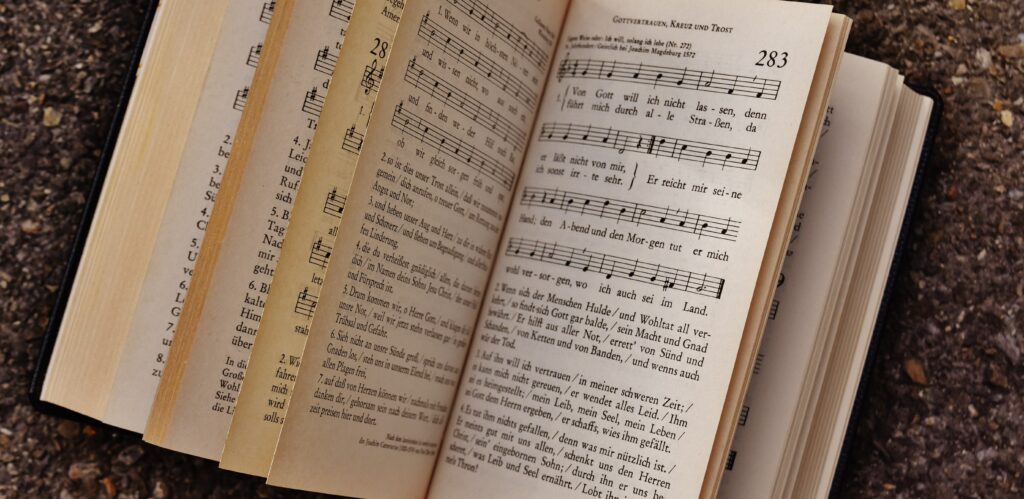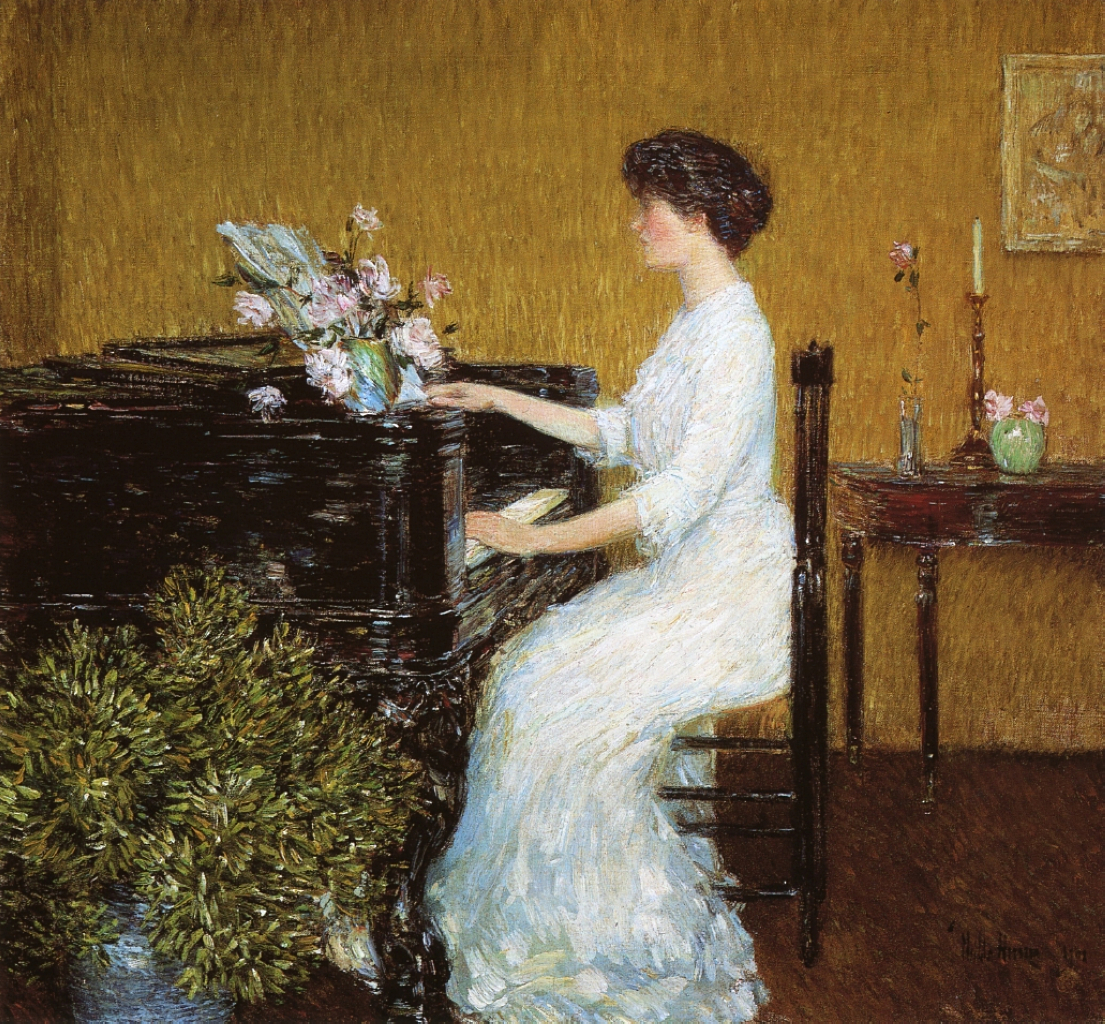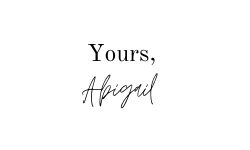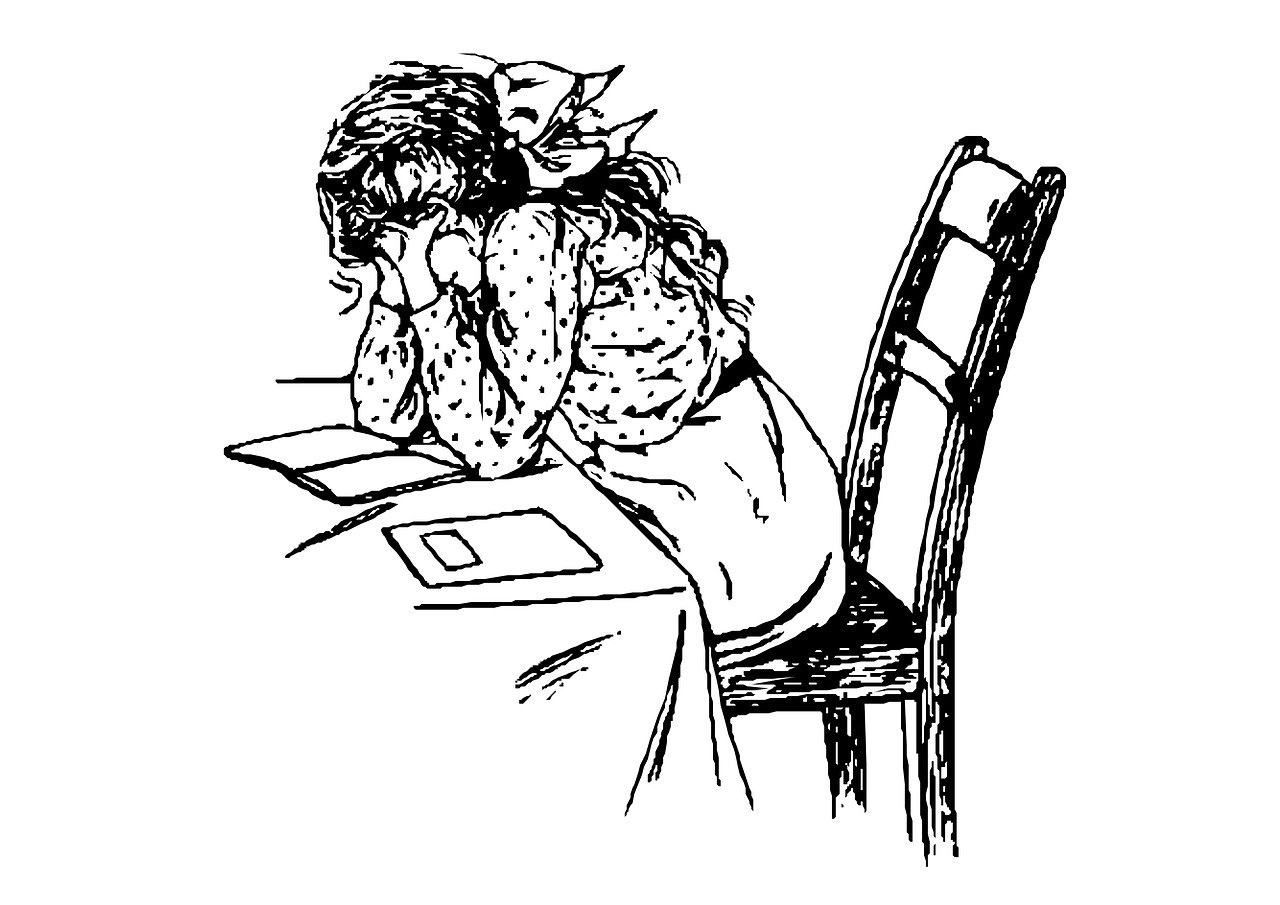
In the halls of the grand Czech museum, I stood, gazing at a quote on the wall (“Without realizing it, the individual composes his life according to the laws of beauty even in times of greatest distress.” ~ Milan Kundera). Suddenly, I felt my inner world hush as the first notes of a song drifted out from the speaker above. They danced and quivered around me, stealing the breath from my lips. Humoresque, by Antoní Dvořák, a tune I knew well… And yet, it entranced me at that moment. Breathless, I felt my soul peak and trough with the melody. A “butterfly song,” as I like to call it — one that envelopes me in wings and carries me through it. I followed the music as it waxed into sweet memories and waned into a soul-wrenching sorrow.
It was in that moment — tucked in the folds of those notes — that the words of Longfellow rang clear. “Music is the universal language of mankind.”
An epiphany of beauty, I think it was. I’d had this poignant experience with music before but never had the full recognition dawned on me. Here I was, an American girl in a museum, listening to the song of a Czech musician who had lived in the 1800s.
And yet, I felt connected. I felt I knew him and knew the music intrinsically.
A Harvard study to prove music’s universality revealed that “by analysing a song’s acoustic features, such as tonality, ornamentation and tempo, it’s possible for people to understand its meaning, regardless of its cultural background.” In other words, through the form — the essence and dynamics of a song — the meaning can be understood. Furthermore, researchers at the University of California, Berkely who “investigated how many emotional experiences music could evoke in 1,591 participants from the United States and China” found that 13 different categories of emotions were shared: they included “amusing, annoying, anxious or tense, beautiful, calm or relaxing or serene, dreamy, energising, erotic or desirous, indignant or defiant, joyful or cheerful, sad or depressing, scary or fearful, and triumphant or heroic.”

Music resonates with the human heart, regardless of its ethnic origin. Although I am a wordsmith, I acknowledge that music can surpass words in certain instances. It speaks what words cannot. It touches what rhetoric can’t. Music evokes emotion, drawing, beckoning the listener to tune their ears to the suppressed dreams that arise.
As the music swelled, my eyes fell across the twirling rack of costumes. Bright traditional Czech clothes. Their presence seemed to complete the thought: art transcends cultural barriers.
Have you had an epiphany of music? What are your thoughts on music’s cultural/universal significance? Do you have a favourite musical piece? Let me know your thoughts! I love to hear from you. 🙂


One response to “An Ephiphany of Music”
First of all let me say how good it was to see you, my pen pal, in person Monday. Abigail Blessing what a blessing! The kind of music that speaks to me may surprise you. It is primitive Appalachian tunes carried here from the British Isles . They speak to me in my heart. For example, “Be Thou My Vision” is an eighth century Irish hymn.